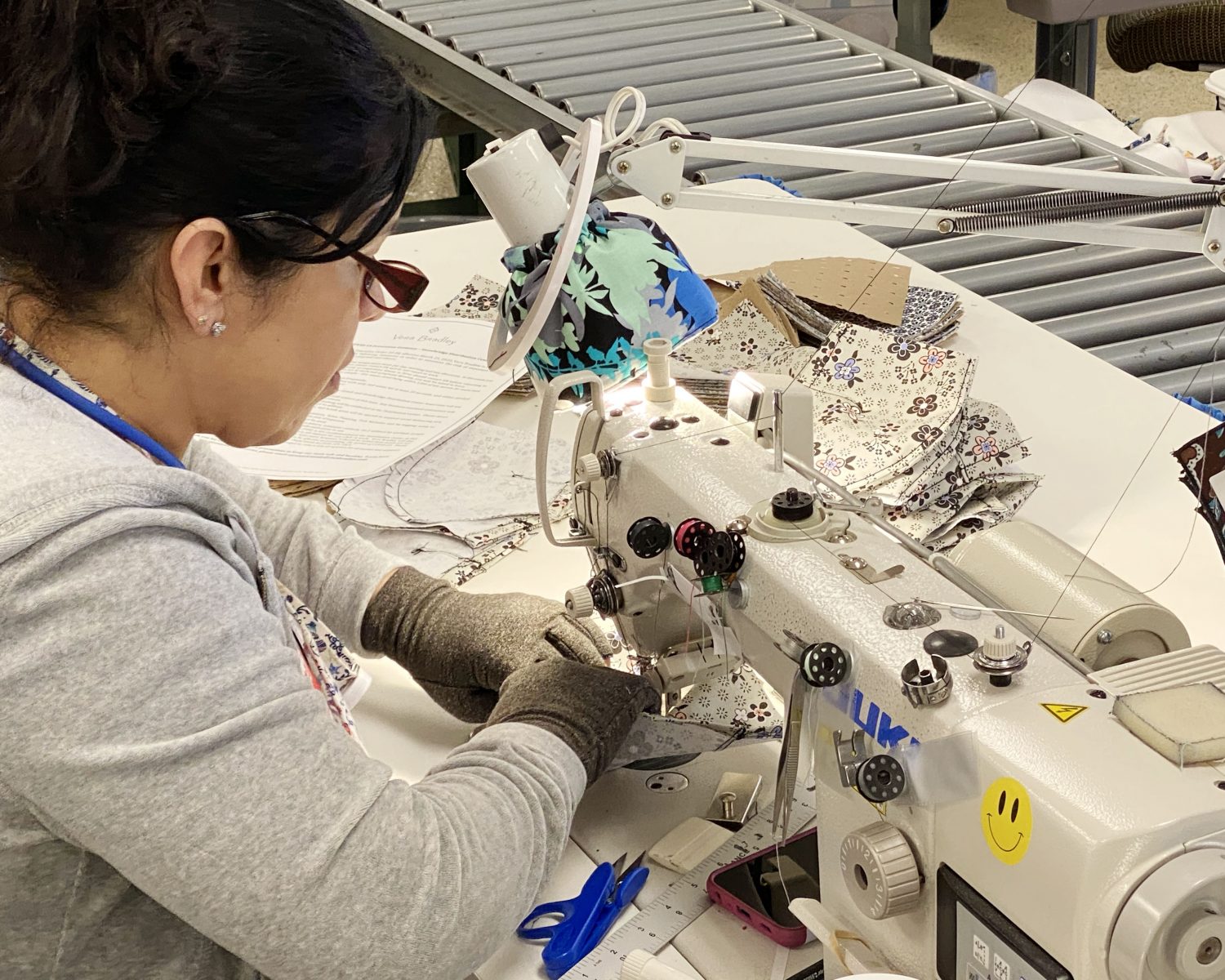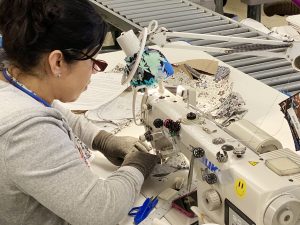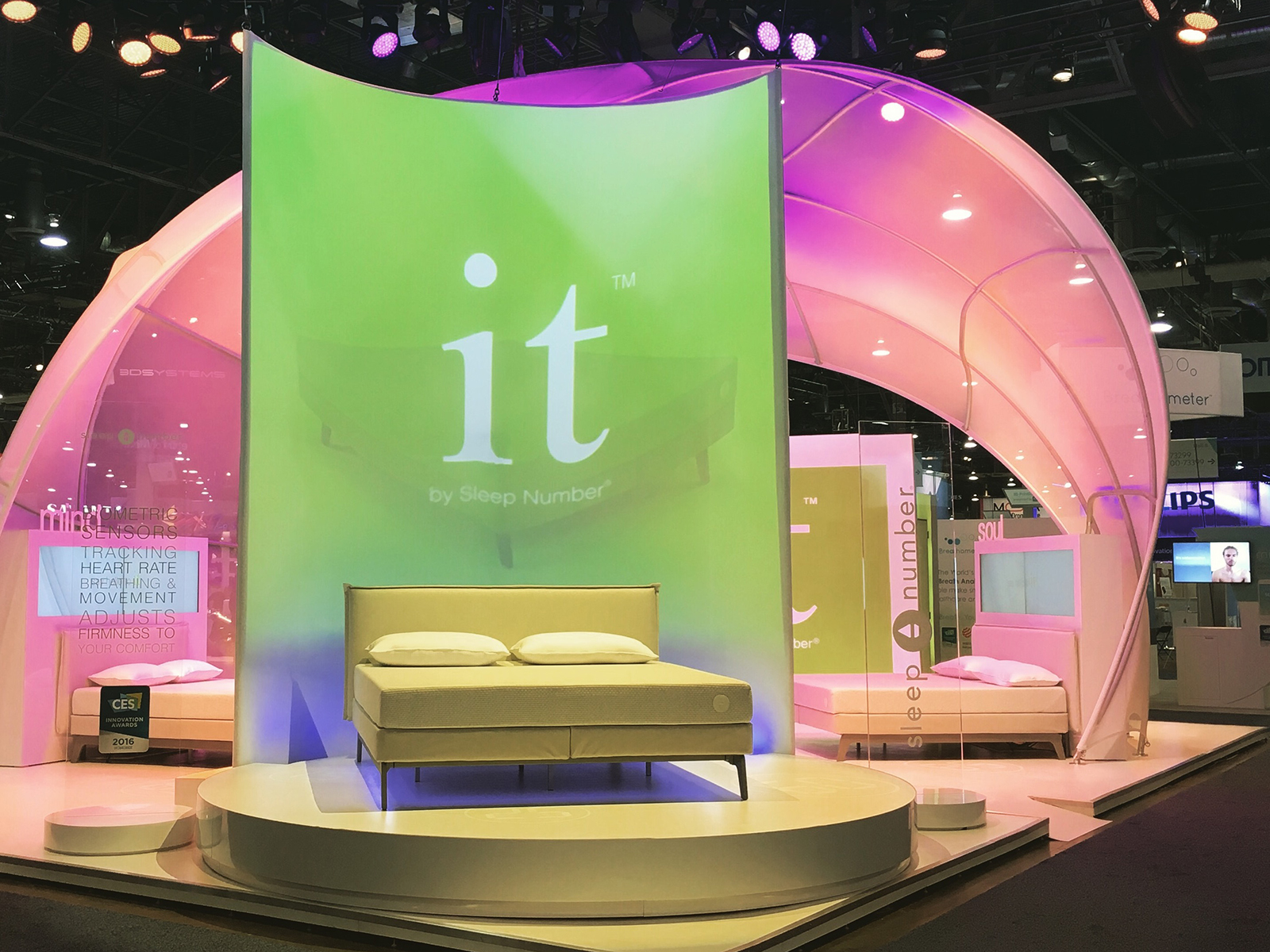Commentary
Prepare Your Employees to Innovate
May 06, 2020
There are many stories of retailers stepping up to the plate to donate money or supplies to hospitals, charities, first responders or other front line workers. We applaud them and makes us proud to be part of this industry. We’ve been featuring clients, partners, and colleagues using this time as an opportunity to do something good. In case you missed our first story, read it here.
This story is about more than simply charity. It’s a story about transforming businesses and communities.
Philanthropy is such a huge part of Vera Bradley’s business that it was only natural for them to find some way to help during this time. When they had to cancel their biggest fund raising event of the year, they remained invested in the cause. When the world needed masks, they delivered.
JGA’s Director of Marketing, Sarah Jo Sautter had the pleasure of talking with Rob Wallstrom, CEO, President, and Director at Vera Bradley about how these ideas and decisions came to be. She discovered it wasn’t a top down initiative.
Wallstrom said that they had three key priorities when this pandemic appeared. First was protecting the health of their employees and communities. Second was protecting the financial health of their associates, partners and company. The third was communicating well, often and transparently. What that did was spur innovation.
But it also stemmed from the company culture. The Vera Bradley Foundation for Breast Cancer has been around for decades raising upwards of 34 million dollars for breast cancer research. A lot of companies raise and donate money for causes. Vera Bradley took a vested interest. As they were involved in fundraising, they wondered how they could fill out that initiative holistically. It would involve a charitable aspect, a sustainability aspect, the way that they treat their employees and the company they build. It was then they established a dedicated and specialized research clinic at the Indiana University School of Medicine and have been involved in making sure that great work is really happening. Their history with doing good is long and devoted. So when they found themselves in the middle of a crisis, what they did became almost natural.
The employees knew the company priorities. Associates in Vera Bradley’s sample room and custom rooms in Fort Wayne, Indiana recognized the need for masks, came up with a design and pitched it to leadership. At the same time, Vera Bradley’s supply chain knew they could probably source medical masks. Again, leadership didn’t hesitate to help them figure it out.
In the beginning, there was some negativity on social media around their mask distributions because they were charging for them instead of donating them. Wallstrom pointed out that the better solution was to produce more masks and not worry about the negative comments. Hospitals could afford them; they just weren’t able to get them. Vera Bradley recognized the need and knew they could help people find them.
 The company has had great success in doing that and now are looking into other things that customers are needing. This is a great time to spur innovation for social need, for consumer needs. Wallstrom believes, “It’s a way to keep the company solvent.” The businesses and the employees that work there need to survive. “If businesses fail, then people can’t survive.”
The company has had great success in doing that and now are looking into other things that customers are needing. This is a great time to spur innovation for social need, for consumer needs. Wallstrom believes, “It’s a way to keep the company solvent.” The businesses and the employees that work there need to survive. “If businesses fail, then people can’t survive.”
The benefit of being in the midst of a world pandemic for a retailer such as Vera Bradley is that it prompted them to remove barriers. When you’re forced to operate in crisis mode, you move faster. Vera Bradley has instituted remote daily meetings where they’ve allowed employees to pitch ideas. In these daily meetings that include the leadership team, too, issues come up quickly. Anything that needs to be thought through is done so in real time and a decision is made immediately. It is Wallstrom’s goal to “keep that nucleus of communication going” even once employees return to the workplace. Rather than waiting a week in between regular meetings, decisions are being made so much faster.
It has had a positive impact on many areas of their business and he hopes it sticks. They are changing their marketing campaigns daily. They’ve had product innovations with daily optimizations because they weren’t so focused on laying out something perfect before they took it to market.
Though he also recognizes crisis mode is not sustainable. Product design, store design, those things take time. However, how do you take these innovation ideas and make sure they don’t get stuck in the normal development chain? How do you keep this innovation arm working day by day versus the standard production model? What would a separate process for innovation look like? That’s something they have to figure out.
Wallstrom believes Vera Bradley will come out of this as a much stronger company. The company has always had a highly regarded culture and employee morale. Going through this, their engagement has improved. Associates have been huge supporters. They are particularly proud of what the company is doing and proud of each other. He equates it to “world championship performance level.”
 Wallstrom concedes that, as a business, you have to address the stakeholder community. Still, he believes that if you’re just making money, you’re not doing enough. He attributes that aspiration to companies such as Hershey’s and Ford who have transformed communities. They positively impacted people’s lives. A blend of impact-driven and economics-focused goals breeds success.
Wallstrom concedes that, as a business, you have to address the stakeholder community. Still, he believes that if you’re just making money, you’re not doing enough. He attributes that aspiration to companies such as Hershey’s and Ford who have transformed communities. They positively impacted people’s lives. A blend of impact-driven and economics-focused goals breeds success.
“People make the right decisions because they are set up to do so; they have been primed to do so,” Wallstrom says. “All of the preparation is before the crisis hits.”
Will retail ever be the same? We think it will be better.

